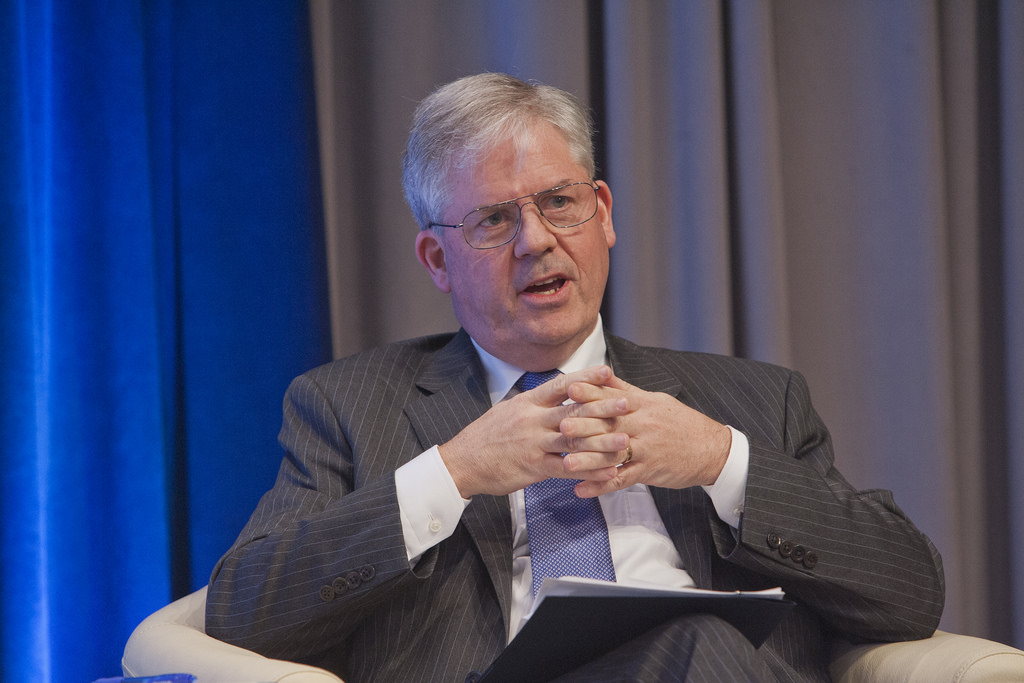Washington- The International Monetary Fund recently released a report with an evaluation on social security programs covering the poor and underprivileged in low-income countries, given that that part of the population tends to suffer most from economic reform and austerity measures.
The Washington-based organization said that it provides major support for countries with little sources of income, such as zero interest rates on all fund concessional facilities and extended grace periods.
At least 43 member states have benefited from eased IMF programs that are aimed at tackling worldwide poverty and helping countries achieve a stable and sustainable economy.
Poverty Reduction Strategies (PRS) are central to IMF-supported economic and financial programs in low-income countries. PRS documents assess poverty challenges, describe how macroeconomic, structural, and social policies and programs can promote growth and reduce poverty, and outline external financing needs and the associated sources of financing.
They are prepared by governments in low-income countries generally through a participatory process involving domestic stakeholders and external development partners.
Laying out what are the makings of a good social security program, the report reviews and assesses the means on introducing improvements to effective programs. It also highlights the need for outlining clear economic targets.
For better results, the report recommends cooperation between governments and developing partners to solidifying progress.
The report focuses on low-income countries, which are labeled as such by conditions stipulated by the World Bank, IMF Strategy, Policy and Review Deputy Sean Nolan told Asharq Al-Awsat.
Low-income countries are those with an “average annual income per capita at $ 2,500,” and these rates are registered in “African and Southeast Asian countries such as Vietnam, Cambodia, and Bangladesh, as well as some countries in the Middle East, such as Yemen and Sudan.”
People left behind by struggling economies are usually looked out for by social spending and saving programs—social spending, or social security, focuses on providing affordable healthcare and education.
“In some cases, national programs tasked with poverty reduction seek to pump expenditures into social programs because of higher spending generally supported by domestic revenue, grants or debt financing,” said Nolan.
“In other cases, the objective is to protect defenseless groups from negative effects subsequent to fiscal adjustment and economic reform procedures—it is sometimes done through undertaking compensative measures at the policy level to strengthen social security.”
The senior strategist said that the report shows programs endorsed by the IMF in underdeveloped countries to have registered medium-level growth, with success rates for social programs seeing two-thirds of goals being achieved in 90 percent of supported initiatives.
Most IMF programs aim to balance the budget deficit and make sure that it does not step over a certain limit, but that does not necessarily mean a cutback to education and health sectors.
“At least 90 percent of the United Nations Population Fund (UNFPA) programs for low-income countries are aimed at strengthening the education and health sectors,” said Nolan.
As to whether ending poverty being a surmountable hurdle, Nolan sheds light on the multi-lateral action being carried out across the world, saying that “one of the United Nations’ Millennium Development Goals (MDGs) and the goals of Sustainable Development Goals (SDGs) is to eradicate poverty by 2030, which also happens to be one of the World Bank’s main objectives.”
“I think the answer is yes. The goal of eradicating poverty can be achieved.”
Although eliminating poverty is not the impossible per se, Nolan focuses on the steps needed to do so- underscoring the need for funds.
“We need to consider the amount of funds needed to achieve this goal across countries. This is not a huge amount, but the challenge is to secure and employ it efficiently– political will plays a major role next to the availability of support and foreign aid.”
